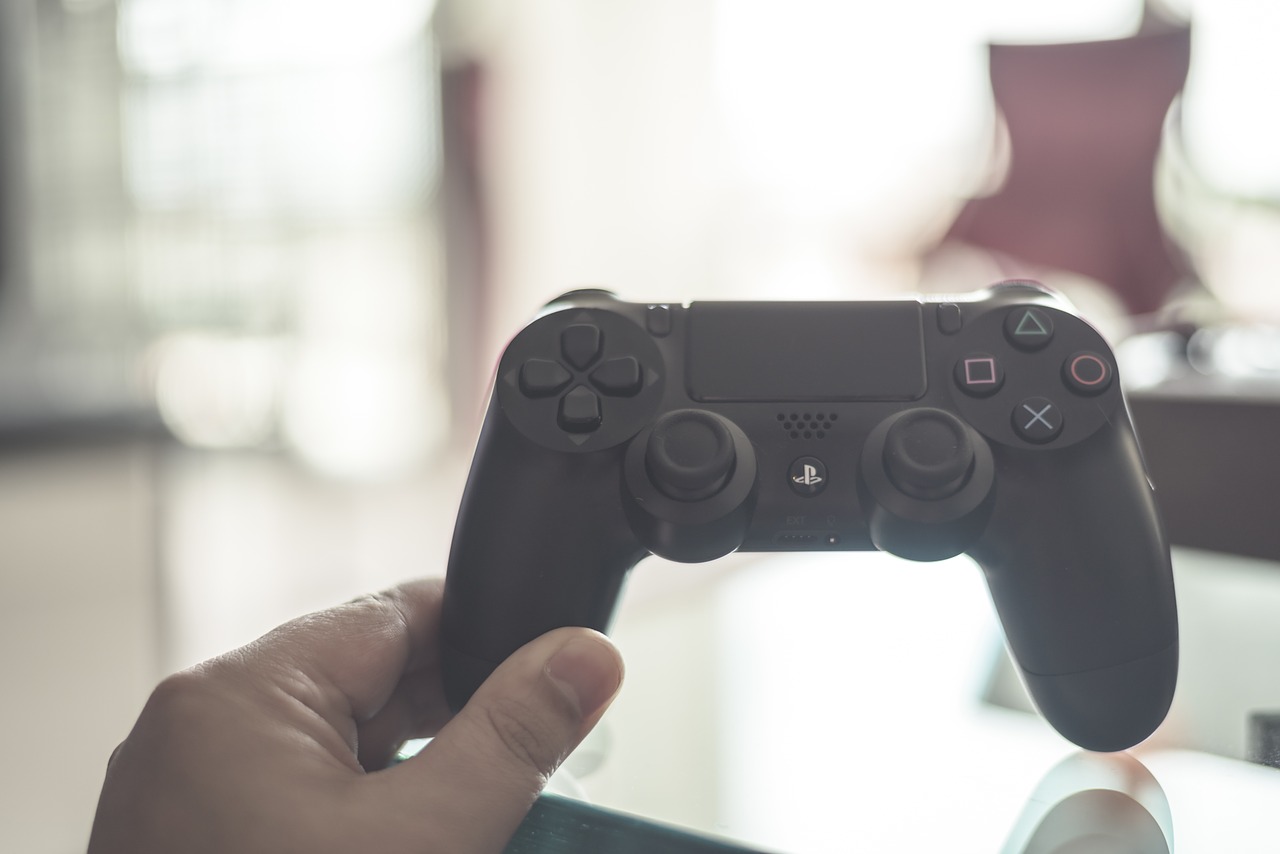As South Korea is filling detox camps with gaming addicts, China is enforcing a gaming curfew on their minors. In an attempt to help teeangers with game addiction, the country has issued several new regulations and restrictions.
China’s National Press and Publication Administration announced this week that their new plan to fight gaming addiction includes a gaming curfew, a limited amount of time spent in-game and even a limit to the money gamers can spend on titles.
Minors (people under 18 years old) are banned to play any video game in the evening and during the night, between 10pm and 8am. The rest of the time, they are still prohibited from playing more than 90 minutes on a weekday and three hours during weekends and holidays.
No joke, folks.
If that didn’t seem harsh enough, minors between 8-15 years old will have buying restrictions. On a monthly basis, they won’t be able to spend more than 200 yuan ($29) on video games, while teenagers between 16- and 17 years old will need to carefully think about their prorities, since they will be restricted to a 400 yuan ($57) game “allowance”.
How will the government know if these rules are respected? They intend to create a system where gamers will have to register before purchasing any title. Their names will be compared with a national database, afterwards, by the gaming companies selling the products.
Of course, they can always use their parents’ IDs to purchase them. As for the gaming curfew, it’s up to each parent to enforce it, it seems.
Back in April, China announced a series of new guidelines for players. Games that encouraged illegal gambling or that contained gore were banned.
In May, the World Health Organization went farther, declaring “gaming disorder” an official disease. In the ICD, gaming addiction is understood as “a pattern of persistent or recurrent gaming behavior, which may be online or offline, manifested by impaired control over gaming, increasing priority given to gaming to the extent that gaming takes precedence over other life interests and daily activities and continuation or escalation of gaming despite the occurrence of negative consequences.”
Not long after, Sony stated that they are already taking measures to prevent gaming addiction, with some measures that seem familiar now: “We’ve already implemented a ratings system (to restrict players by age) and have been taking measures based on our own standards.“
What do you think – are these restrictions justified? Or are authorities limiting individuals’ freedom of choice?
Follow TechTheLead on Google News to get the news first.

























